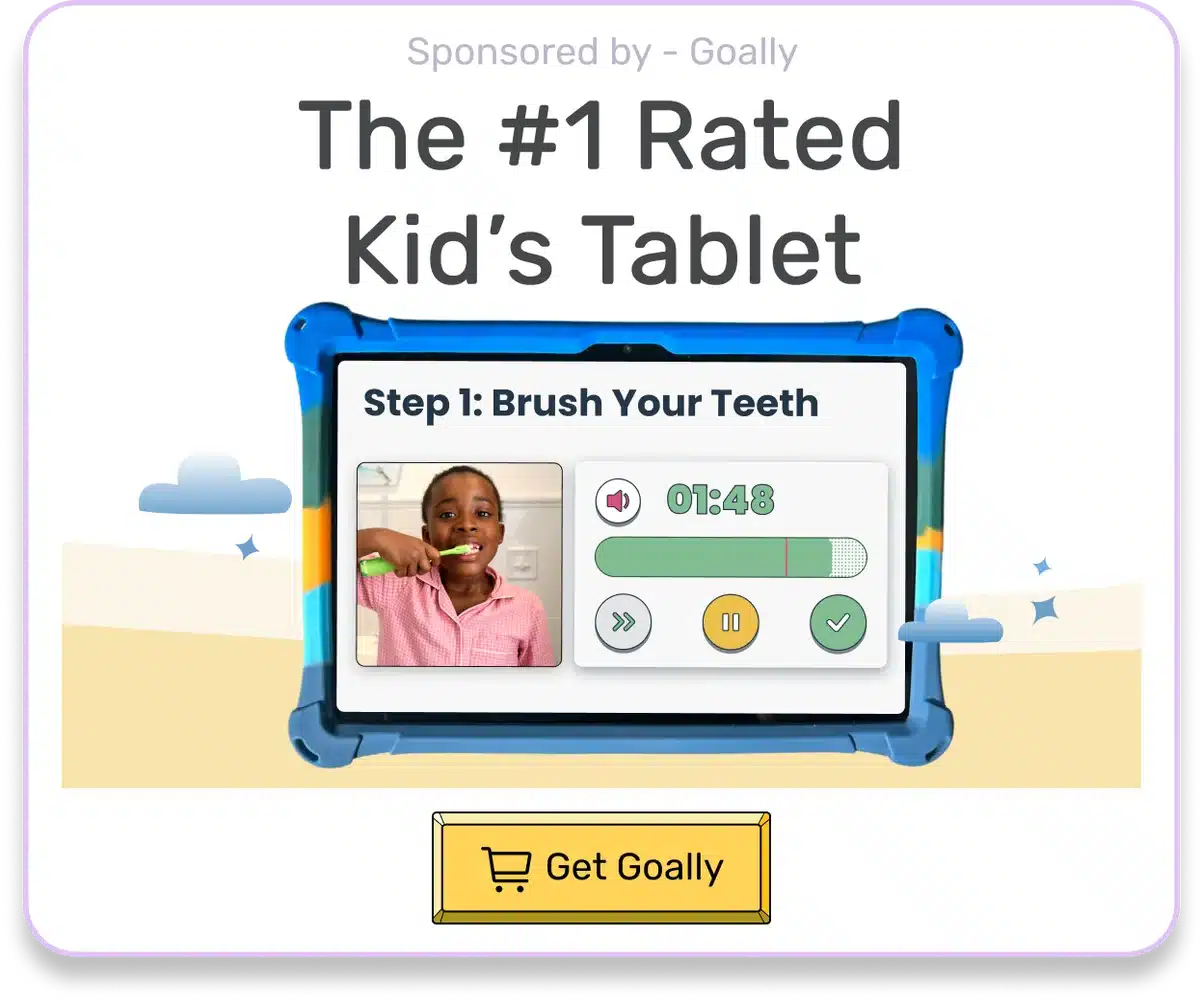Imagine this: you’re in the midst of a typical weekday chaos. The breakfast dishes are piling up, your youngest is throwing a tantrum because his favorite shirt is in the wash, and your eldest is struggling with a tricky math problem. You’re feeling overwhelmed, right? I know I would. But what if I told you there’s a simple technique that could help you and your children navigate these stressful moments more easily? This is where mindfulness comes in. In this blog post, we’ll explore how mindfulness helps foster emotional resilience, improve focus, and nurture a more positive outlook in both you and your children, including those who are neurodivergent. We’ll look into the science behind mindfulness, share practical tips on incorporating it into your daily routine, and even provide some fun mindfulness activities for kids. This isn’t just another parenting fad — it’s a scientifically backed approach that could transform your family’s life.
Table of Contents
Mental Health
As a professional working with kids, I’ve seen how mindfulness can profoundly shift mental health. You might be asking, “How does mindfulness help?” Well, let’s start with stress. Stress is like a snowball rolling down a hill — it keeps getting bigger unless we do something to stop it. Mindfulness is that ‘something.’ It helps us break the cycle of stress, leading to a calmer, more peaceful mind.
Research backs this up. A study published in the JAMA Psychiatry found that mindfulness-based therapy can be as effective as antidepressant medications in preventing depression relapse. For our neurodivergent kids, who often experience heightened anxiety, this can be a game-changer.
Physical Health
But the benefits of mindfulness extend beyond mental health. It’s fascinating how tuning into our minds can bring tangible physical benefits. For instance, mindfulness can help manage pain. It’s like turning down the volume on a loud TV — the noise is still there, but it’s less disruptive.

Read more: What Activities Make ADHD Worse?
Moreover, mindfulness can bolster our immune system. A study in the journal Psychoneuroendocrinology found that individuals who practiced mindfulness had a stronger immune response to the flu vaccine. Imagine that! A simple mindfulness practice could help keep you and your kids healthier during flu season.
Cognitive Ability
Ever feel like your mind is a browser with too many tabs open? I know I have. Mindfulness can help us close those unnecessary tabs, improving our concentration and attention span. It’s like giving your brain a much-needed declutter.
Goally | The Tablet for Neurodiverse Kids

This can be particularly beneficial for kids with special needs who might struggle with focus. Mindfulness helps them stay engaged in the present moment, making learning more accessible and enjoyable.
Emotional Regulation
Emotions can be like a roller coaster ride — thrilling at times but also overwhelming. Mindfulness can help us navigate these ups and downs with more grace. It teaches us to observe our emotions without getting swept away by them.
For our neurodivergent kids, this emotional regulation can be empowering. It can help them feel more in control, fostering a sense of self-confidence and resilience.
Self-Awareness: A Clearer Self-Image
Lastly, mindfulness fosters self-awareness. It’s like holding up a mirror to ourselves, helping us see our strengths and areas for growth more clearly. This self-awareness can lead to greater self-compassion and enthusiasm for life.
This self-awareness can be transformative for kids with thinking and learning differences. It can help them understand their unique learning styles and celebrate their strengths.

So, how can you and your kids practice mindfulness? Start by engaging each of your senses. Pay close attention to what you can see, hear, feel, smell, and taste. Try “single-tasking,” focusing on what you’re doing as much as possible. Remember, mindfulness is not about emptying our minds but about paying attention to the present moment without judgment.
Emily is a seasoned blog writer for Goally, leveraging her extensive background in child psychology and special education to provide valuable insights and resources for parents. Her commitment to understanding and addressing the unique needs of these children, combined with her expertise in educational strategies, makes her a credible and empathetic voice for families.





